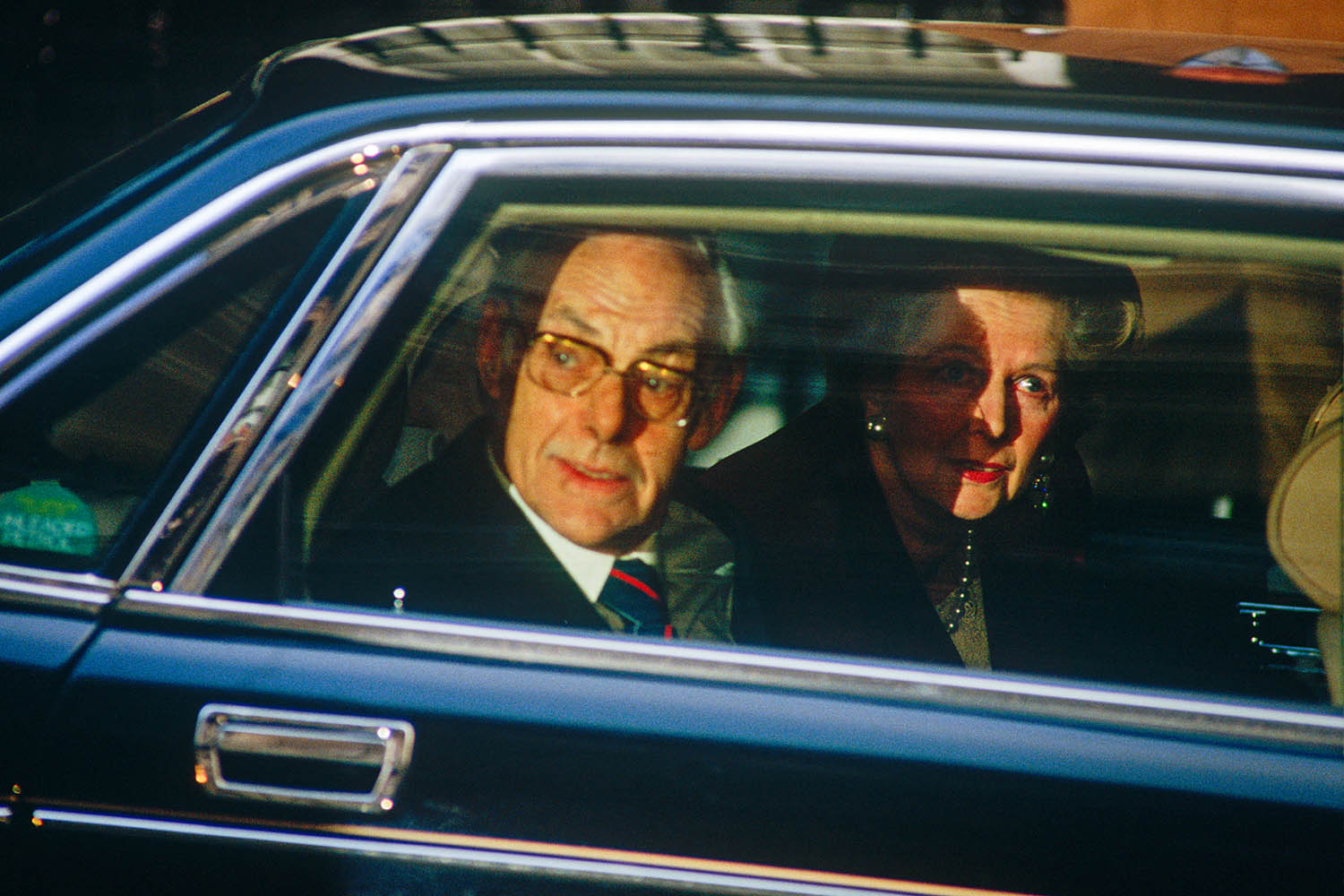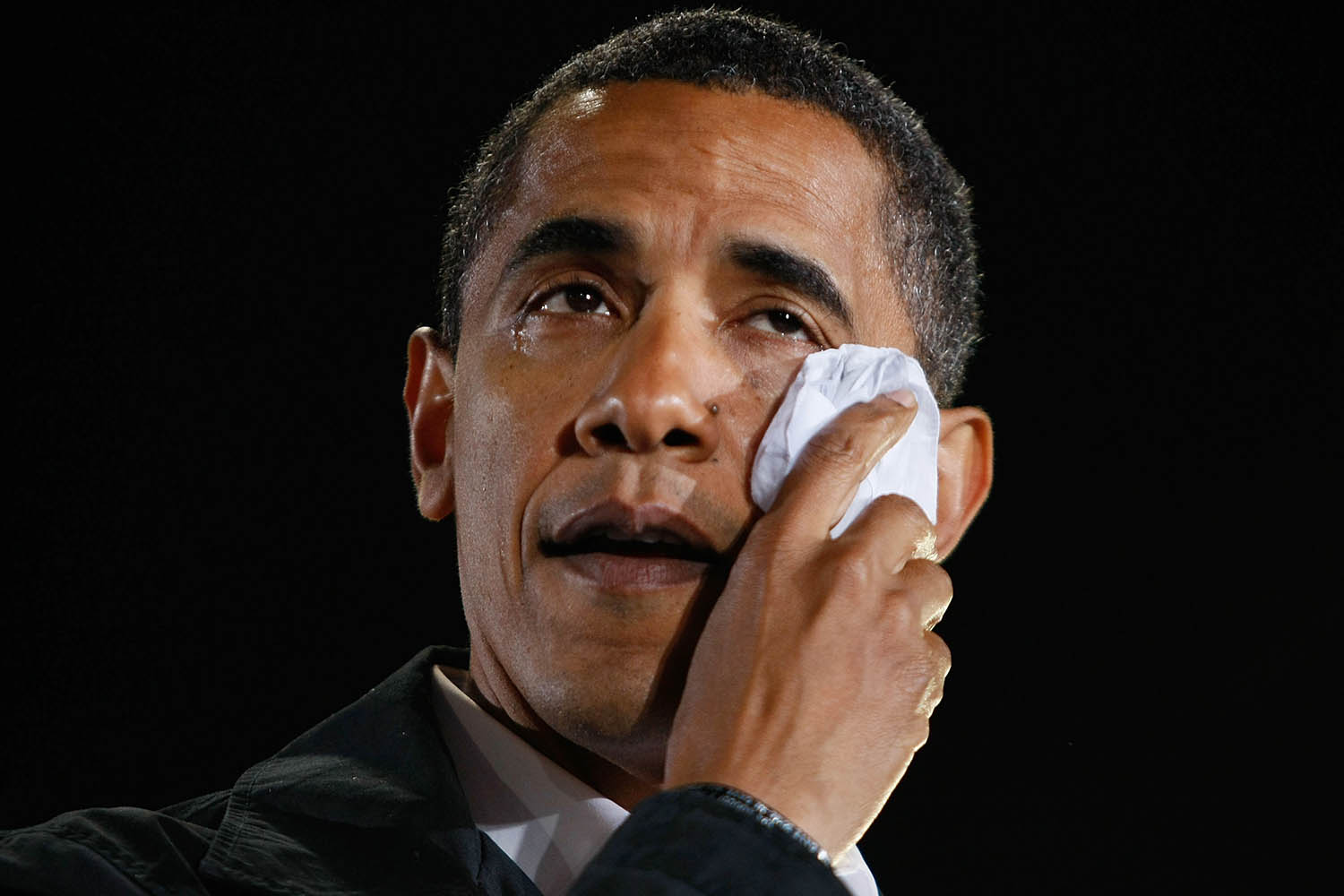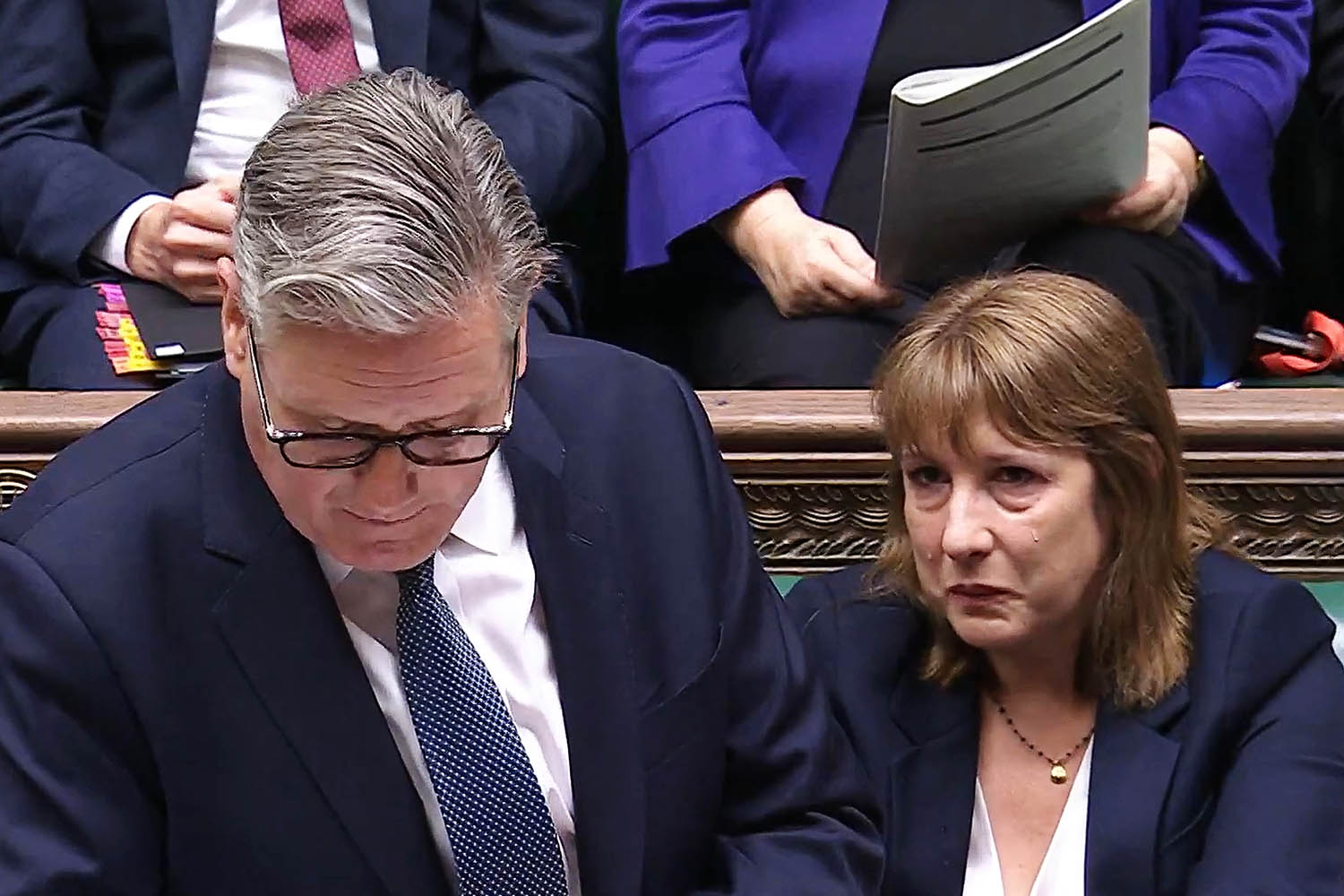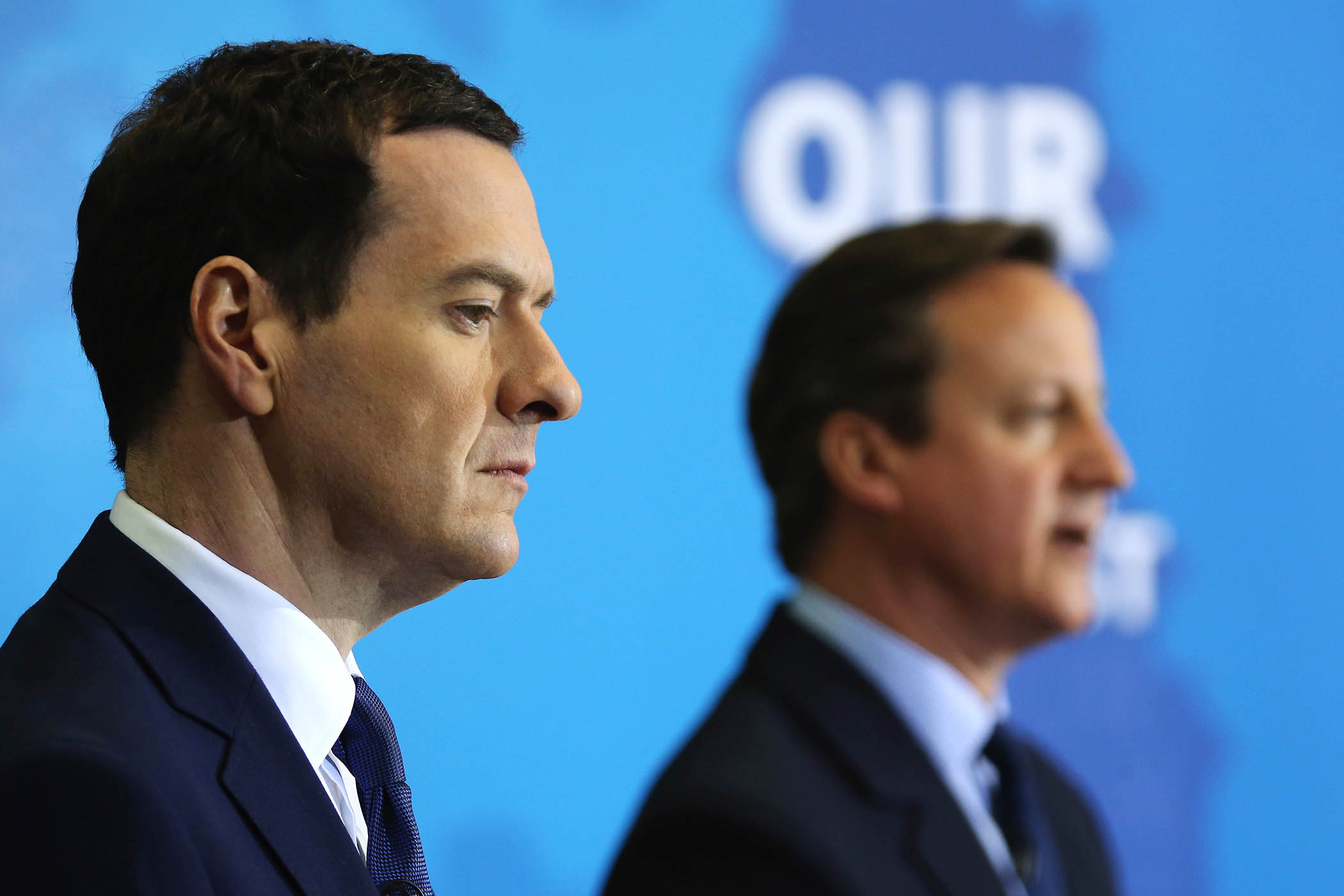In his last words in the House of Commons as prime minister Tony Blair said that politics was a trade of many harsh contentions. It is not surprising that there should be such a history of politicians in tears.
Rachel Reeves, the chancellor of the exchequer, was visibly distressed last Wednesday from the beginning of prime minister’s questions over what she has subsequently described as “a personal matter”. Inevitably the balloon has gone up with all and sundry demanding to know what was wrong. We don’t know precisely what was wrong; maybe it all got a bit much. If so, Reeves would hardly be the first politician to cry in office.
As the historian Andrew Roberts has pointed out, Britain’s greatest speaker was also its greatest weeper. Winston Churchill’s private secretary, Anthony Montague Browne, once drew up a list of all the things that had reduced his boss to tears. They included stories of great heroism and the idea of a dog struggling home through the snow to his master.
Churchill was a romantic figure who simply refused to obey the Victorian English stricture that emotion ought not to be displayed in public. He cried at the funeral of his manservant Thomas Walden, for the deaths of his friends FE Smith and TE Lawrence, for the abdication of Edward VIII, on hearing himself praised by David Lloyd George, on a visit to an east London air-raid shelter after the Blitz in September 1940 and on viewing the destroyed chamber of the House of Commons. Then he cried again when he heard the result of the 1945 general election.

Margaret Thatcher's political career of 11 years ended in tears in 1990.
The truth is that people put a lot of themselves into politics, and we shouldn’t be astonished when their emotion surfaces. Margaret Thatcher was caught on camera in tears in the back of the car as she left 10 Downing Street for the final time and Theresa May wept as she announced she was standing down. George Osborne cried during Mrs Thatcher’s funeral in 2013 and Matt Hancock choked up while discussing the Covid vaccine on Good Morning Britain.
Outside the buttoned-up culture of British politics, there have been plenty of political tears. Ryutaro Nonomura went viral in Japan in 2014 because, when confronted in a press conference with allegations that he cheated on his expenses, he turned on the waterworks in spectacular fashion. He is now a relationship counsellor.
There is surely a difference between the way crying men and crying women are greeted
There is surely a difference between the way crying men and crying women are greeted
Hillary Clinton couldn’t get through a televised reading of the presidential victory speech she would have given in 2016. The prime minister of Australia, Bob Hawke, sobbed during a speech on the Tiananmen Square massacre. George W Bush cried in public in 2008 while awarding a posthumous Medal of Honor to a US Navy officer.
But the real king of the blubbers was John Boehner, the former US Republican House Speaker, who broke down when he was sworn in, when he met the Pope, when he did almost anything…
The most conspicuous senior politician of recent times who was unafraid to cry in public was former US president Barack Obama. After the 2012 Sandy Hook massacre and, while watching Aretha Franklin play in 2015, Obama did not hide the emotional effect. His propensity to cry in public did him no harm, just as it did Churchill no harm. In fact, it showed they cared.

Barack Obama is overcome while speaking about his grandmother during a rally at University of North Carolina in November 2008.
There is surely a difference here between the way that crying men and crying women are greeted. There has been more than a touch, in the coverage of Reeves, of the sexist assumption that she just cannot cope. It is worth remembering that we do not know the nature of the personal matter that was distressing her.
Newsletters
Choose the newsletters you want to receive
View more
For information about how The Observer protects your data, read our Privacy Policy
In this prurient age people feel entitled to the detailed truth about the private lives of their politicians. But Reeves is under no obligation to disclose anything more. Maybe she wasn’t reduced to tears. In a fairer world, maybe she would be increased by them.
Photographs by PRU/AFP; Richard Baker/In Pictures; Joe Raedle/Getty Images



